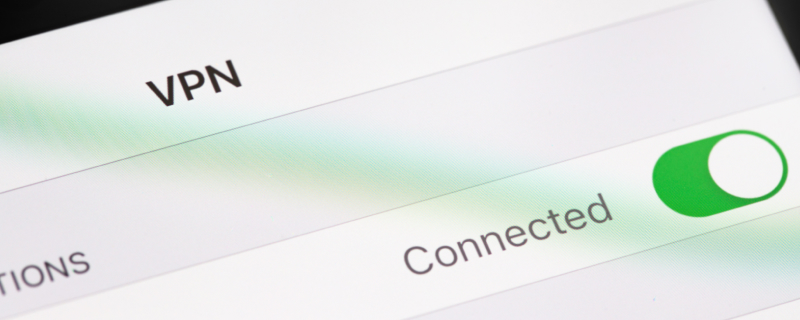
- 6 min read
- Aug 23, 2023

Learn how a VPN can impact your internet connection speed and discover the factors that influence VPN performance, along with tips for optimizing your GnuVPN experience.
One common concern among VPN users is whether using a VPN can slow down their internet connection. While it’s true that some VPNs can have an impact on connection speeds, various factors influence VPN performance. In this article, we’ll explore how a VPN, specifically GnuVPN, can affect your internet connection speed and share tips on how to maintain the best possible performance while using GnuVPN.
VPNs use encryption to secure your data, which can add some overhead to your connection. The encryption process requires processing power, and the stronger the encryption, the more processing power it demands. This can lead to a slightly slower connection, but the trade-off is enhanced security and privacy.
The distance between you and the VPN server you’re connected to can significantly impact your connection speed. The further away the server, the more time it takes for data packets to travel between your device and the server, resulting in increased latency and slower speeds. Connecting to a VPN server closer to your location can help minimize this effect.
The number of users connected to a VPN server can affect its performance. If a server is congested with users, it can become overloaded, leading to slower speeds for everyone connected to it. GnuVPN offers a large number of servers, allowing you to switch to a less crowded server for better performance.
Different VPN protocols have varying impacts on connection speeds. For example, WireGuard is known for its fast connection speeds, while OpenVPN over TCP may be slower due to its error correction features. GnuVPN supports multiple protocols, giving you the flexibility to choose the one that provides the best balance of speed and security for your needs.
To minimize latency and achieve faster speeds, connect to a GnuVPN server that is geographically close to your location. GnuVPN offers a wide range of server locations to choose from.
Choose a VPN protocol that balances speed and security based on your needs. For instance, if you prioritize fast connections, consider using WireGuard or IKEv2/IPsec. If you require maximum security, opt for OpenVPN.
Wi-Fi connections can be prone to interference and signal loss, which can slow down your internet connection. If possible, use a wired Ethernet connection when using GnuVPN to ensure the best performance.
Regularly update your device’s operating system and the GnuVPN app to ensure optimal performance. Updates can include important security patches and performance improvements.
While a VPN can impact your internet connection speed, various factors influence this effect. By understanding these factors and following our tips for optimizing GnuVPN connection speeds, you can enjoy a secure, private, and fast internet experience. With GnuVPN, you don’t have to compromise on speed for the sake of security and privacy.



